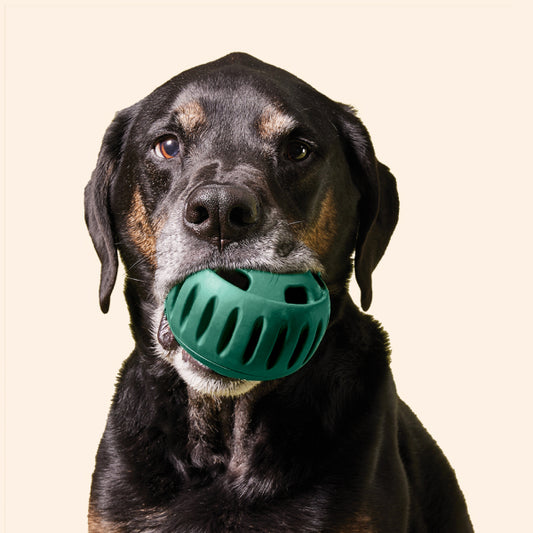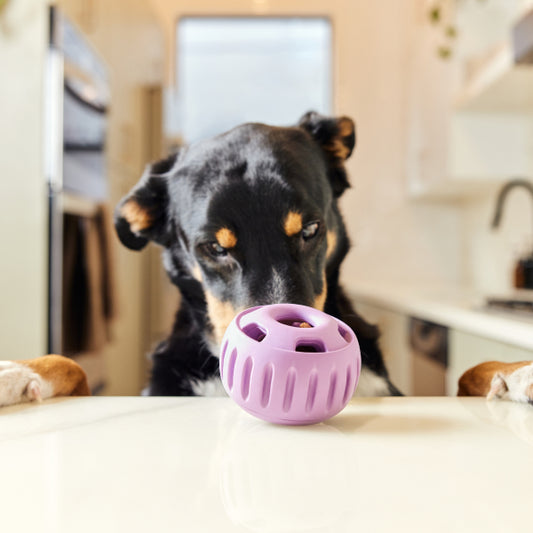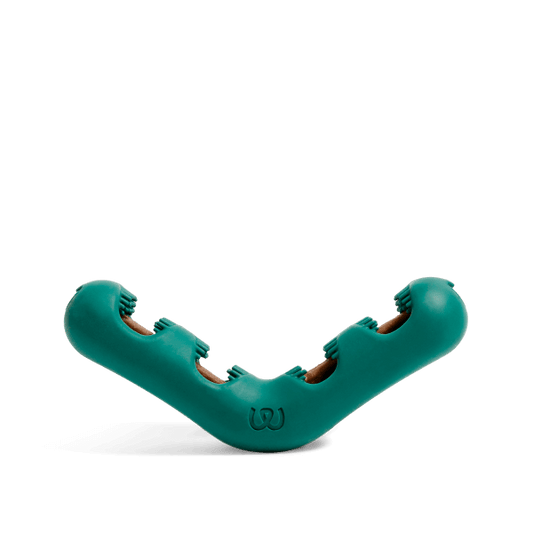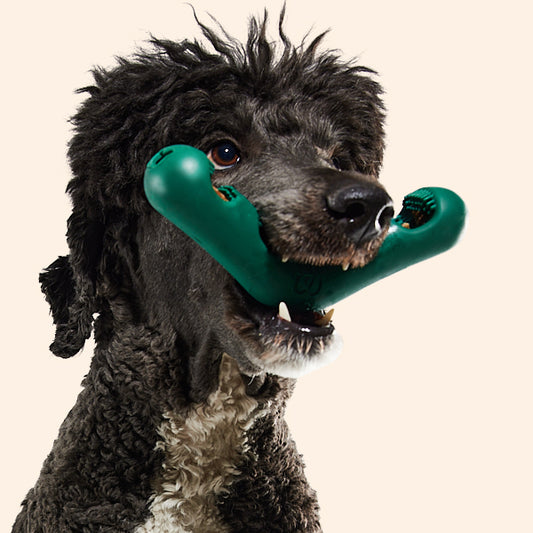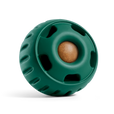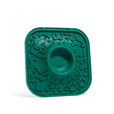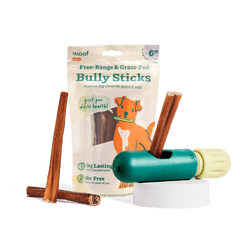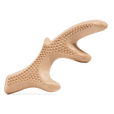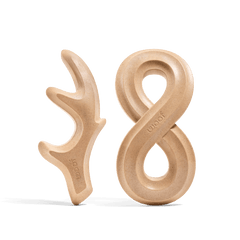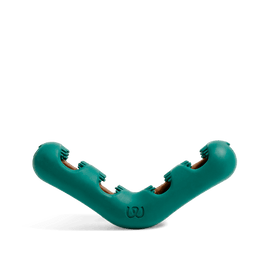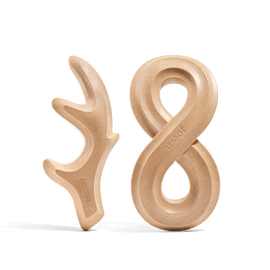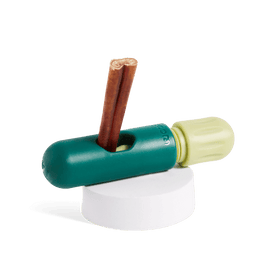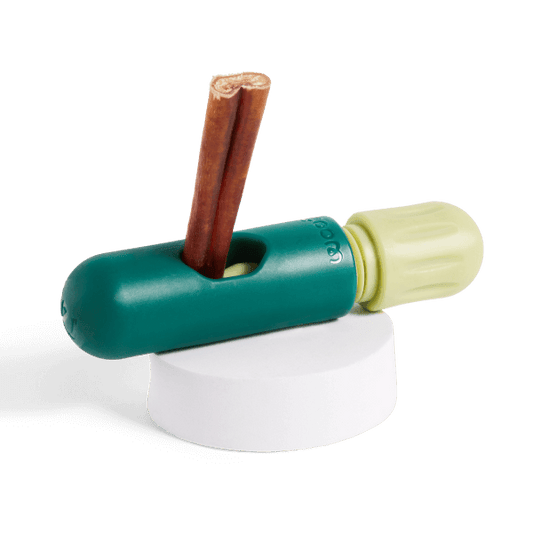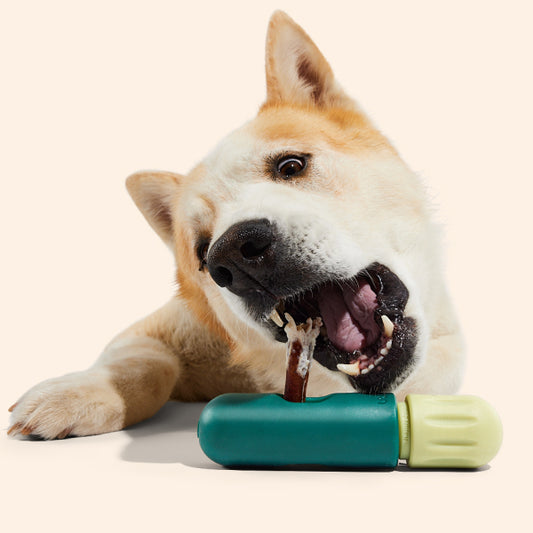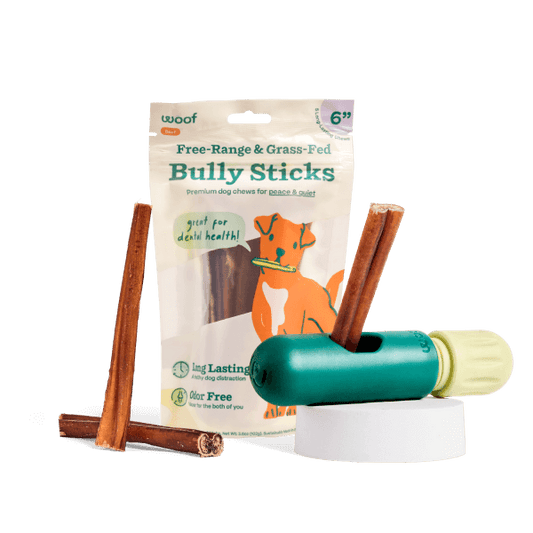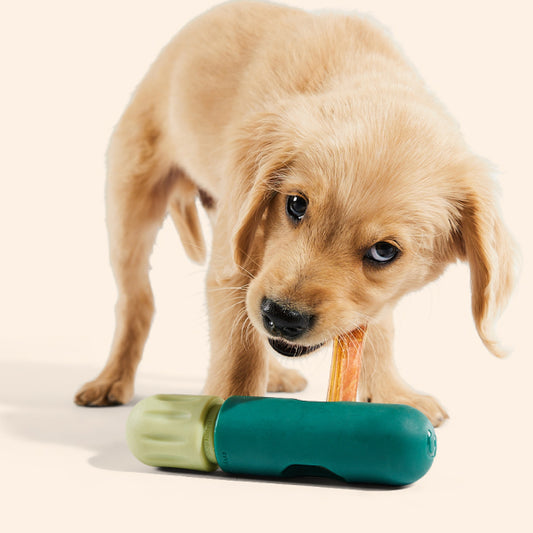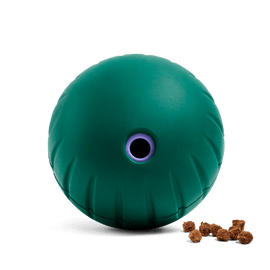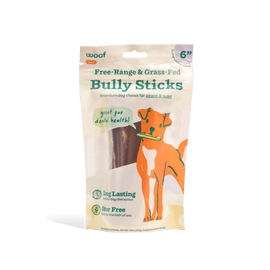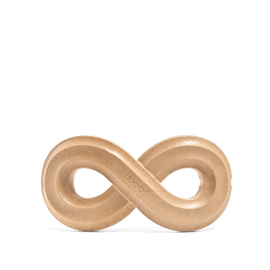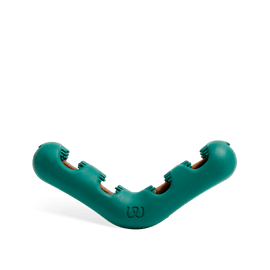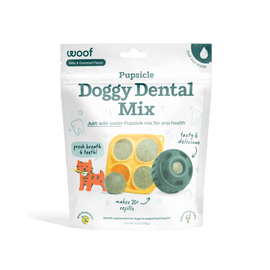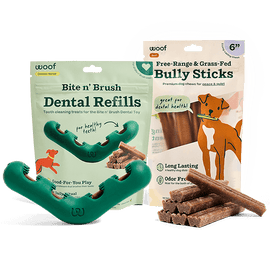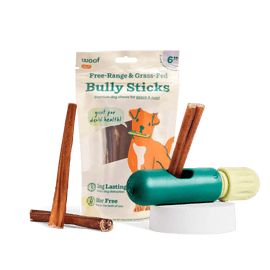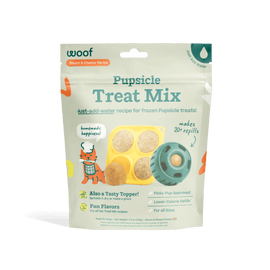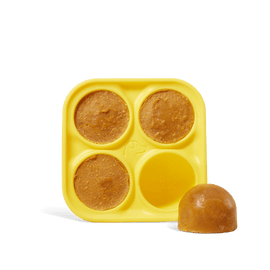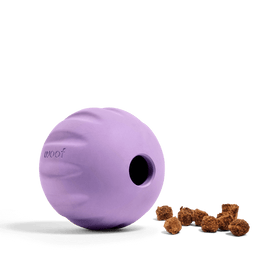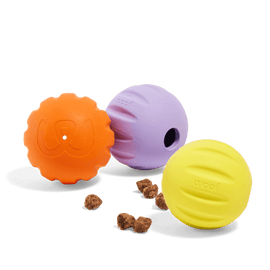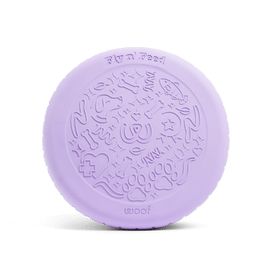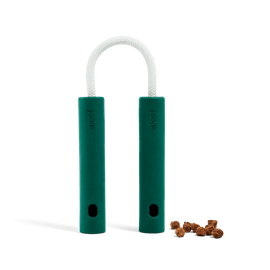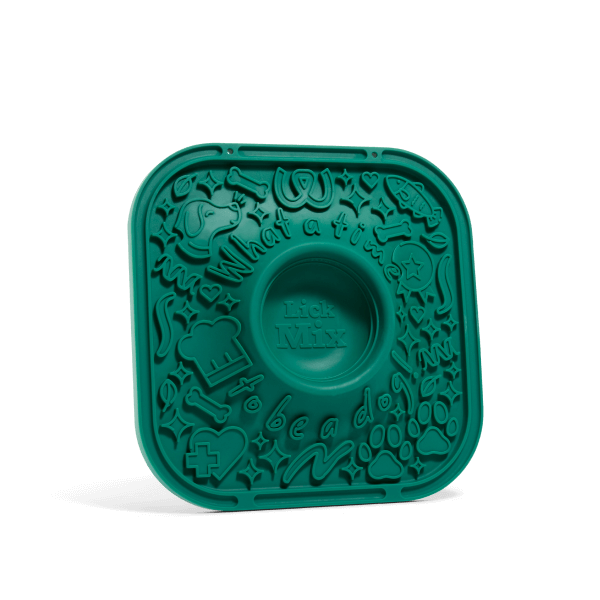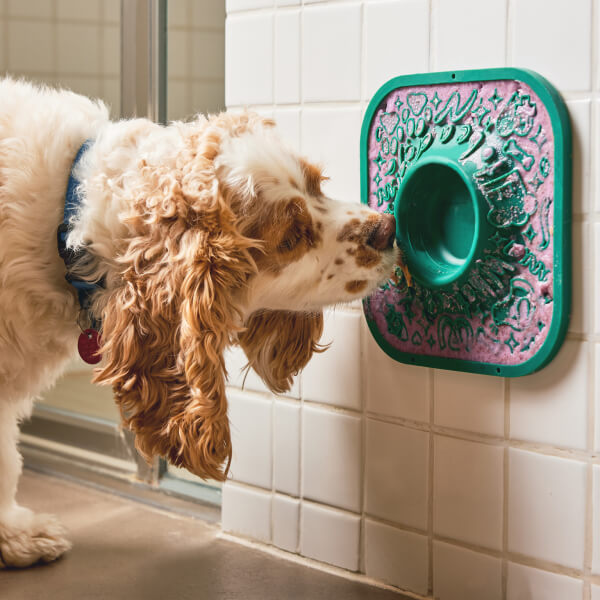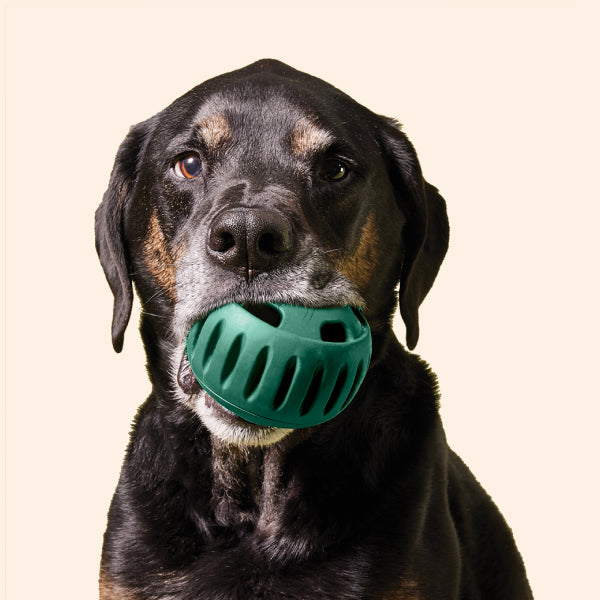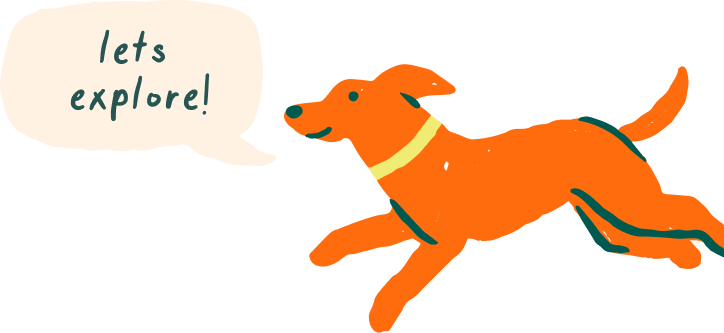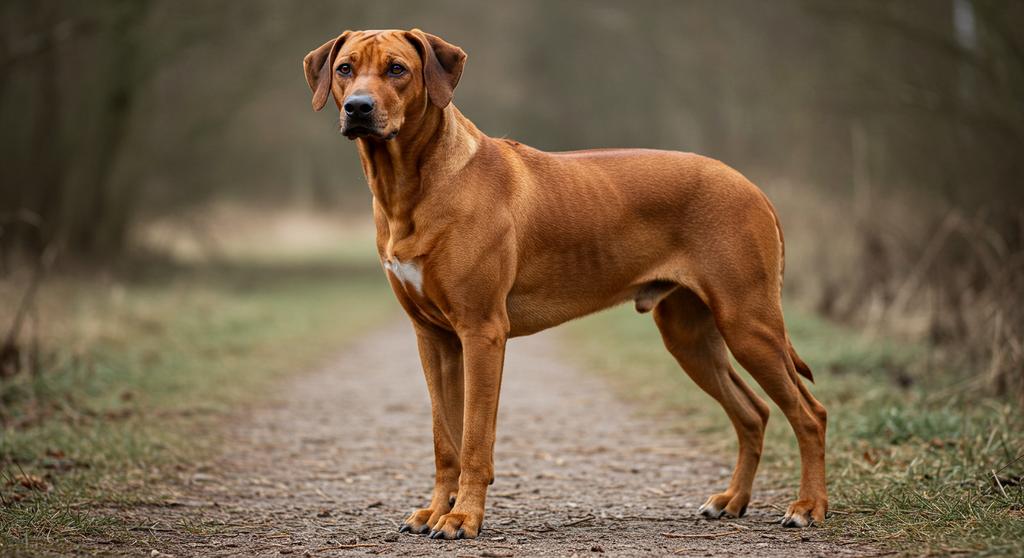
Rhodesian Ridgebacks are a unique and fascinating breed, known for their distinctive ridge of hair growing backward along their spine. This feature not only sets them apart visually but also hints at their rich history and versatile capabilities.
Originating from Southern Africa, Rhodesian Ridgebacks were initially bred by Boer farmers to meet the challenging demands of hunting in the wilds of Africa. They needed a dog that could flush out game, pull down larger wounded prey, and guard their farms from prowlers and wild animals at night. The result was a resilient and versatile breed capable of enduring the harsh African environment.
Physical Characteristics
Rhodesian Ridgebacks are large, muscular dogs, standing between 24 to 27 inches tall at the shoulder and weighing between 70 to 85 pounds. Their short, dense coat comes in a range of wheaten shades, from pale flaxen to a burnished red. The hallmark ridge along their back is formed by hair growing in the opposite direction of the rest of the coat, starting just behind the shoulders and tapering down to the hips.
Temperament and Personality
Known for their loyalty and intelligence, Rhodesian Ridgebacks are typically aloof with strangers but form strong bonds with their families. They are independent thinkers, which can sometimes be mistaken for stubbornness. Early socialization and consistent training are essential to harness their natural instincts and ensure they become well-mannered companions.
Exercise and Training
Given their hunting heritage, Rhodesian Ridgebacks are highly energetic and require ample exercise to keep them content. Regular walks, runs, and play sessions are crucial. They excel in various canine sports and activities, making them suitable companions for active individuals or families. Their independent nature means training should be approached with patience, using positive reinforcement techniques to achieve the best results. For mental stimulation and a rewarding cooldown after exercise, enrichment tools like The LickMat can offer a calming way to engage their minds.
Health and Lifespan
Generally healthy, Rhodesian Ridgebacks have a lifespan of about 10 to 12 years. However, like all breeds, they are prone to certain health conditions, including hip and elbow dysplasia, thyroid issues, and eye anomalies. Regular veterinary check-ups and a balanced diet are vital to maintain their health. Additionally, due to their deep-chested anatomy, they can be susceptible to bloat, so monitoring their eating habits and providing appropriate feeding routines is important.
Grooming Needs
With their short coats, Rhodesian Ridgebacks are relatively low-maintenance in terms of grooming. A weekly brushing will help remove loose hairs and keep their coat looking its best. They do shed somewhat, but regular grooming sessions can manage this effectively. Occasional baths will keep them clean, but over-bathing can strip natural oils from their skin.
Is a Rhodesian Ridgeback Right for You?
Rhodesian Ridgebacks can be a delightful addition to the right home. They thrive with experienced dog owners who understand their independent nature and can provide the necessary training and exercise. While they are generally good with children, their size and energy levels mean supervision is essential to prevent accidental knockdowns. They can coexist with other pets if properly socialized from a young age, but their strong prey drive should be considered. Products like The Pupsicle are great tools to redirect energy and reward good behavior during training or downtime.
In conclusion, the Rhodesian Ridgeback is a dignified and loyal breed that offers both companionship and protection. With the right environment, training, and care, they can become cherished members of the family.

